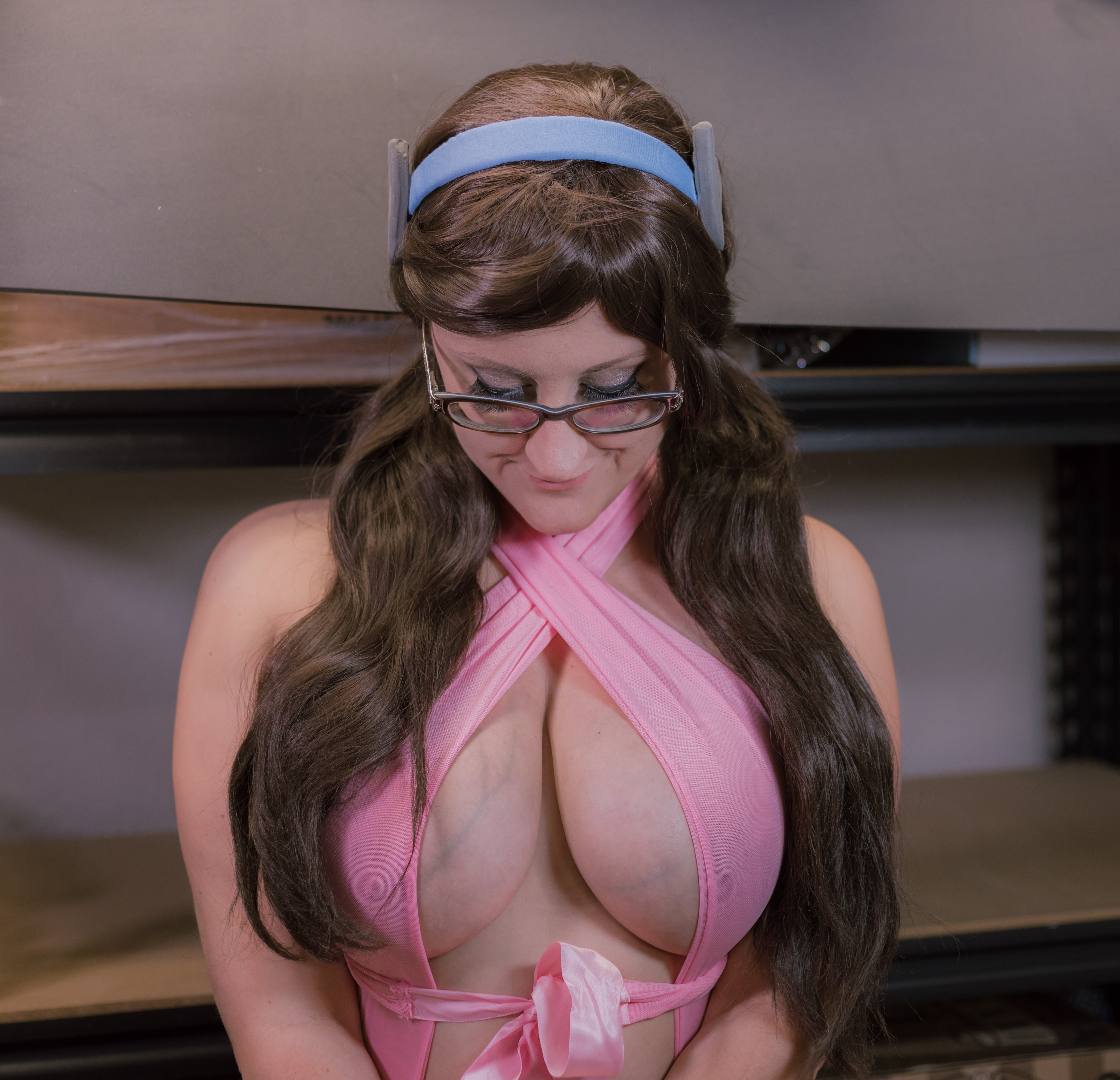- cross-posted to:
- gardening
- cross-posted to:
- gardening
There is a discussion on Hacker News, but feel free to comment here as well.
I’ve been a gardener for so so long and can tell you that the article’s suggested small space isn’t possible unless you want to be battling mold, bugs, and disease. You need space for airflow, space so disease doesn’t spread, space to look on leaves for pests… Neem oil, spinosad, monterrey disease control, BT caterpillar killer, copper fungicide, they’re the organic stuff that’s safe to eat (and use on cannabis plants) and they’re all WAY more expensive than tomatoes, lettuce, beans, etc.
Not discouraging gardening, it’s incredibly therapeutic, useful, and satisfying; but it’s rarely successful in a small space.
I live in Texas, so you can’t. Like it’s just not possible. I’ve got a ton of peppers that survive the summer heat. Can you survive on peppers alone? I doubt it, but I’m not willing to find out. I like my toilet not stained red from blood.
I like my toilet not stained red from blood
“Gentlemen! We have a take-off!”
200square feet seems too low. This is only 18.5 m^2. I know that the best fields produce 60t of potatoes per hectar, so this field would give 111kg of potatoes. This is not enough calories for a year.
And as far as I am aware potatoes are oje of the densest energy source you can grow.
I find it really unausible that 6 square feet of Lima beans should be enough.
In some German villages you can buy old self-sufficient properties. Those were used after the war for families to sustain themselves from what they grew. You see these in sizes from about 1000 to 3000 m² – 10700 to 32200 ft².
Granted, those were used to feed a large-ish family with 1950s tech and no synthetic fertilizers. Still, it goes to show just got much space you need if you want to be truly self-reliant. 200 ft² is very small and probably makes you heavily dependent on things like commercial fertilizer.




